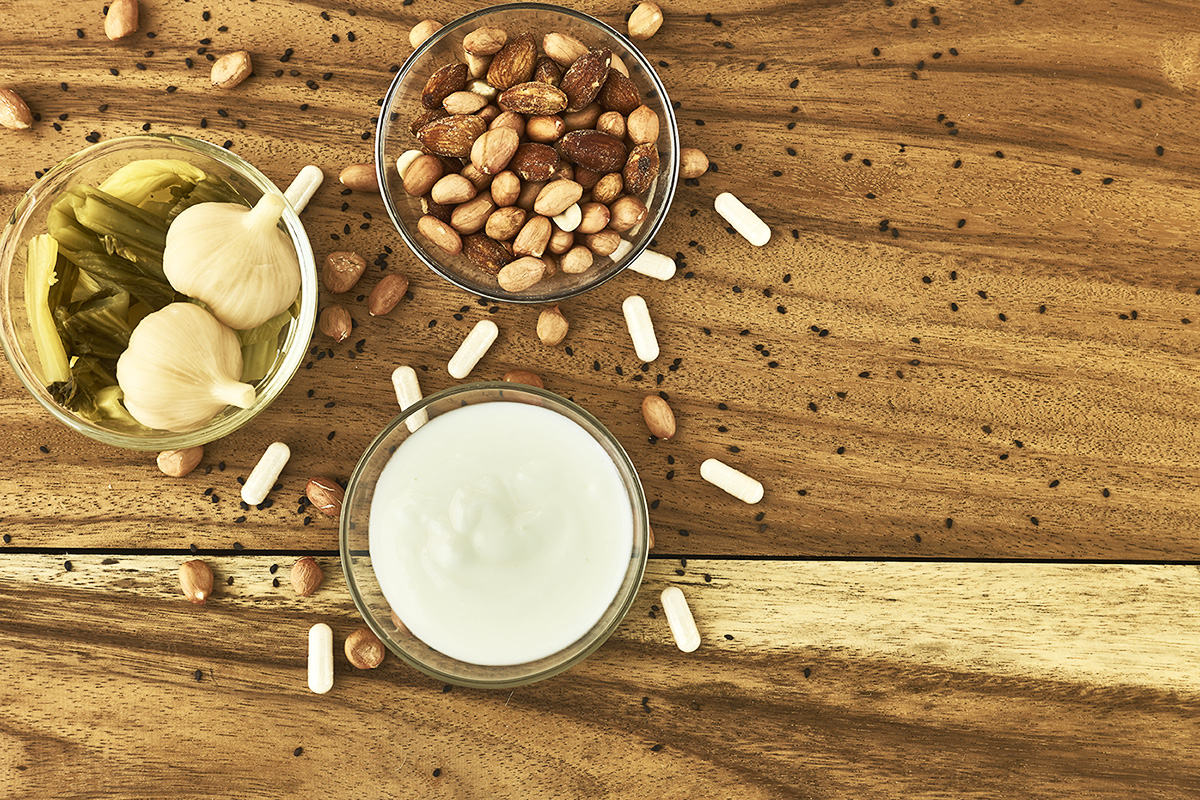Understanding the Microbiome
The microbiome refers to the diverse community of bacteria, viruses, fungi, and other microorganisms residing in our gastrointestinal tract. This complex ecosystem, primarily concentrated in the large intestine, plays a pivotal role in digesting food, synthesizing essential nutrients, and protecting the body against harmful pathogens.
A balanced and diverse microbiome is considered ‘healthy,’ and it is influenced by various factors such as diet, lifestyle, genetics, and environmental exposures. When the microbiome is in harmony, it fosters improved overall health and wellness.
The Gut-Weight Connection
Emerging research has highlighted a significant link between the gut microbiome and body weight. Studies suggest that the composition of gut bacteria can influence metabolism, energy storage, and fat absorption. Certain strains of bacteria have been found to be more prevalent in lean individuals, while others are associated with weight gain and obesity.
One intriguing aspect of the gut-weight connection is the way microbes extract energy from food. Some types of bacteria break down complex carbohydrates and fiber into short-chain fatty acids (SCFAs), which can help regulate appetite, increase fat burning, and reduce inflammation. On the other hand, an imbalance in gut bacteria can lead to increased calorie extraction from food and higher fat storage, potentially contributing to weight gain.
Can a Healthy Microbiome Aid Weight Loss?
While a healthy microbiome alone may not be a magical solution for weight loss, it can undoubtedly play a supportive role. Several studies have shown that individuals with a more diverse gut microbiome tend to have a healthier body weight. Furthermore, some research suggests that transplanting fecal matter from a lean individual into an obese individual can lead to beneficial changes in the recipient’s gut bacteria and potentially aid in weight loss efforts.
However, it’s essential to remember that weight management is a complex interplay of factors, including diet, exercise, sleep, stress management, and individual differences. A healthy microbiome should be considered as one piece of the puzzle rather than a standalone solution.
Supporting a Healthy Microbiome
Fortunately, there are practical steps you can take to support a healthy microbiome and potentially improve weight management:
- Balanced Diet: Eat a diverse range of fruits, vegetables, whole grains, and legumes to promote microbial diversity in the gut.
- Probiotics and Fermented Foods: Consider incorporating probiotic-rich foods like yogurt, kefir, sauerkraut, and kimchi into your diet to introduce beneficial bacteria.
- Prebiotic Foods: Consume prebiotic foods like onions, garlic, leeks, and bananas, which serve as nourishment for beneficial gut bacteria.
- Minimize Antibiotic Use: Overuse of antibiotics can disrupt the gut microbiome. Use antibiotics only when necessary and as prescribed by your healthcare professional.
- Regular Exercise: Engaging in physical activity can positively influence the diversity of gut bacteria.
- Manage Stress: Chronic stress can impact the gut-brain axis, affecting the balance of gut bacteria. Practice stress-reduction techniques such as meditation, yoga, or spending time in nature.
While the connection between a healthy microbiome and weight management is a subject of ongoing research, there is evidence to suggest that nurturing a balanced gut can positively impact overall health and possibly aid in weight management efforts. By adopting a lifestyle that supports gut health through diet, exercise, and stress management, you can contribute to a thriving microbiome, paving the way for improved well-being and potentially better weight control. Remember, maintaining a healthy weight is a holistic journey that encompasses various aspects of self-care, and your gut health is undoubtedly a crucial piece of the puzzle.

